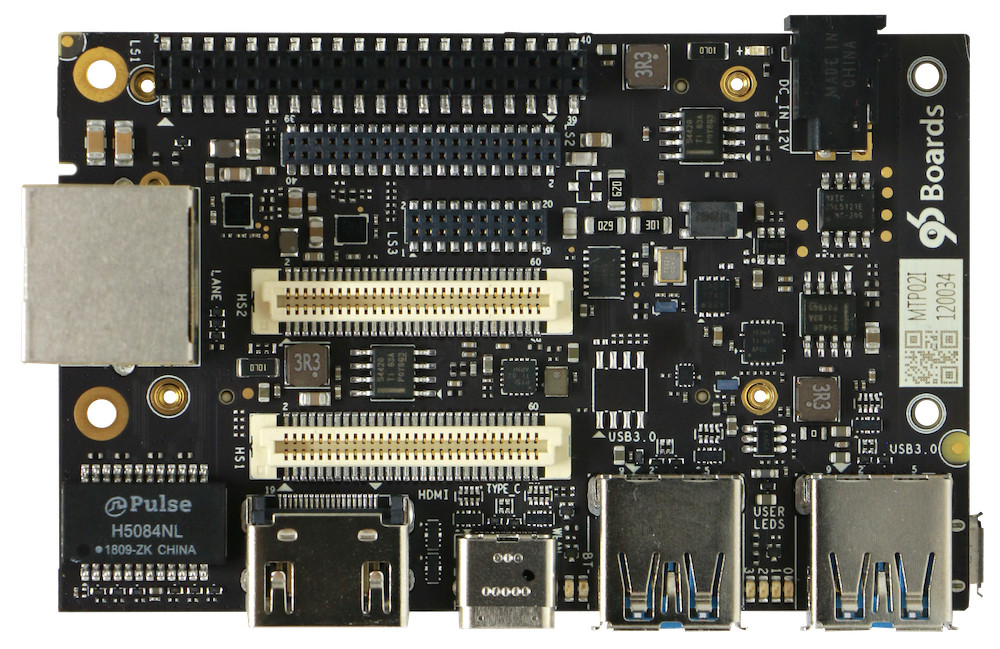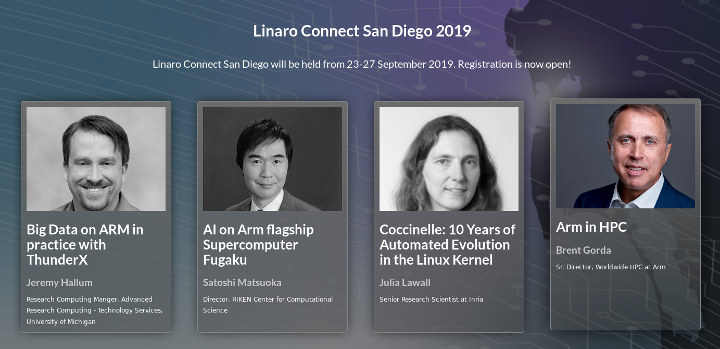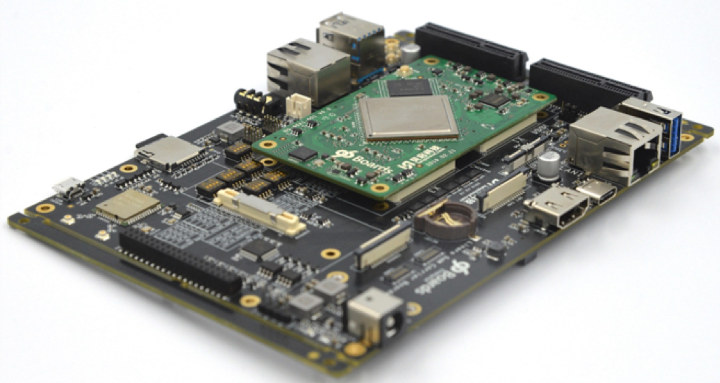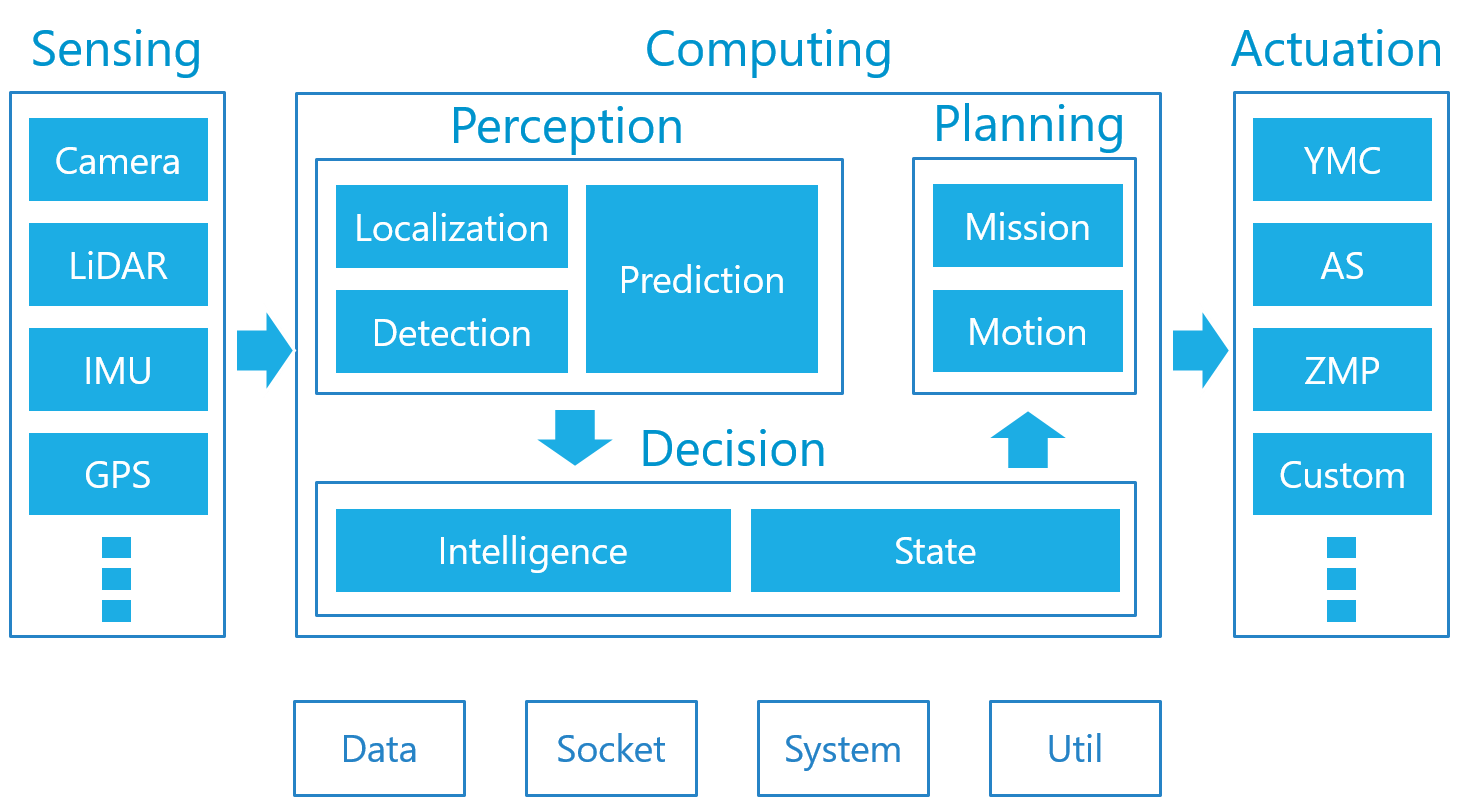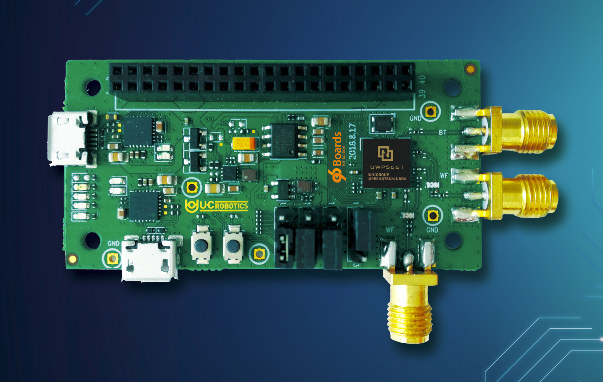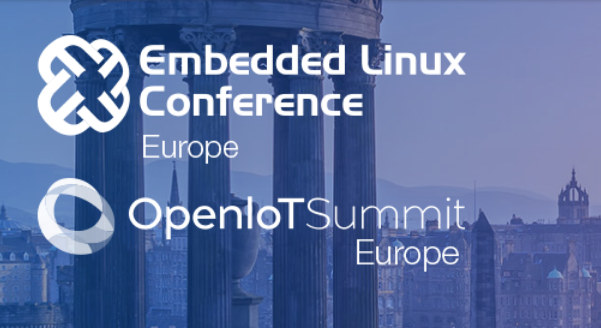Besides the obvious Google Pixel and Nexus devices supported by AOSP (Android Open Source Project), we previously covered some single board computers that were also officially supported by the project with Hikey and Hikey 960 Android reference boards. Linaro Consumer Group (LCG) has just written about Qualcomm Snapdragon 845 based Dragonboard 845c board. It has been now an official Android reference board for a few months now, and it is the first such board with an open-source graphics stack thanks to Freedreno graphics driver and mesa framework. Since no proprietary blobs are required, the board’s full functionality can also be upstreamed into the mainline kernel, and Linaro currently uses the board as a test target for validating the mainline kernel and stable updates. Here’s a reminder of the board’s hardware specifications: SoC – Qualcomm Snapdragon 845 with 8x custom 64-bit ARMv8 CPUs up to 2.8 GHz, Adreno 630 GPU with […]
The Case for Running Chromium OS on IoT Devices
The concept of Chromium OS for IoT was presented by Linaro Veteran Khasim Syed Mohammed at Linaro Connect 2019, In his presentation, he talked about the possibilities and advantages of using Chromium OS for IoT devices. This approach looks promising since it’s running on a Linux Kernel base, and Chromium OS uses a lightweight graphics stack that relies on Linux DRM APIs. This may help to create an IoT device with a graphics interface, without consuming too many hardware resources. Why Chromium OS From the architecture front, chromium OS has impressive advantages compared to other lightweight Linux operating systems, such as Direct Rendering Manager, support for web-based applications, etc… Graphics Stack In Linux-based operating systems, most of the time the graphics/display stack is handled by the X-Window system (Xserver and clients). This increases the complexity of development, consumes a large number of hardware resources and increases the product development life […]
Linaro Connect San Diego 2019 Schedule – IoT, AI, Optimizations, Compilers and More
Linaro has recently released the full schedule of Linaro Connect San Diego 2019 that will take place on September 23-27. Even if you can’t attend, it’s always interested to check out the schedule to find out what interesting work is done on Arm Linux, Zephyr OS, and so on. So I’ve created my own virtual schedule with some of the most relevant and interesting sessions of the five-day event. Monday, September 23 14:00 – 14:25 – SAN19-101 Thermal Governors: How to pick the right one by Keerthy Jagadeesh, Software Engineer, Texas Instruments With higher Gigahertz and multiple cores packed in a SoC the need for thermal management for Arm based SoCs gets more and more critical. Thermal governors that define the policy for thermal management play a pivotal role in ensuring thermal safety of the device. Choosing the right one ensures the device performs optimally with in the thermal budget. […]
Arm Techcon 2019 Schedule – Machine Learning, Security, Containers, and More
Arm TechCon will take place on October 8-10, 2019 at San Jose Convention Center to showcase new solutions from Arm and third-parties, and the company has now published the agenda/schedule for the event. There are many sessions and even if you’re not going to happen it’s always useful to checkout what will be discussed to learn more about what’s going on currently and what will be the focus in the near future for Arm development. Several sessions normally occur at the same time, so as usual I’ll make my own virtual schedule with the ones I find most relevant. Tuesday, October 8 09:00 – 09:50 – Open Source ML is rapidly advancing. How can you benefit? by Markus Levy, Director of AI and Machine Learning Technologies, NXP Over the last two years and still continuing, machine learning applications have benefited tremendously from the growing number of open source frameworks, tools, […]
TB-96AI & TB-96AIoT are the First 96Boards Systems-on-Module
First introduced in 2015, 96boards specifications define mechanical, electrical, and software specifications for single board computers, but in 2017 Linaro asked companies to provide some feedback on what they’d like for a 96boards system-on-module standard. And for the first day of Linaro Connect Bangkok 2019, the 96Boards SoM specifications have now been announced, together with the introduction of Rockchip RK3399Pro powered TB-96AI and Rockchip RK1808 based TB-96AIoT, the first compliant 96Boards SoMs, and corresponding 96Boards SoM Carrier Board. 96Boards System-on-Module Specifications Two 96Boards SoM specifications have been unveiled with the Compute Module Specification and the Wireless Specification. The 96boards Compute Module Specification defines a SoM with up to four 100-pin connectors, but only one is mandatory (X1), and two form factors are specified: SOM-CA (85 x 50 mm) and SOM-CB (50 x 50 mm). List of signals associated to each connectors: X1 – SoM managements, 1x UART, 2x I2C, 1x […]
Autoware is an “All-in-One” Open-source Software for Autonomous Driving
All major automotive companies, and some technology companies are all working on autonomous driving with the ultimate goal of achieving level 5 autonomous driving meaning no human intervention is needed at any stage. Development will take some more time, and companies are now competing with closed source software and hardware. But as I browsed through Linaro Connect Bangkok 2019 schedule, I found out there’s an open source autonomous driving software called Autoware.AI. Several “Autoware” projects are managed by the newly founded Autoware Foundation, a non-profit organization created to develop a synergy between corporate development and academic research in order to provide access to autonomous driving technology for everyone: Autoware.AI is the first version built on ROS 1, and Linux, and has been developed as a research and development platform Autoware.auto is the second version built on ROS 2, and Linux, with a complete redesign. Autoware.IO is an interface project for Autoware […]
96Boards IoT Edition IVY5661 Board Features UniSoC UWP5661 WiFi 5 + Bluetooth 5 SoC
If you ever wanted to start a new IoT project with WiFi and Bluetooth connectivity, you’d like think about using Espressif ESP32 WiSoC that supports single band 802.11 b/g/n WiFi (WiFi 4) and Bluetooth 4.2 LE thanks to great community and software support on top of the ultra low cost of the solution. But in case your require 802.11ac (WiFI 5) – yes, I’m trying hard to get used to the new WiFi naming scheme for consumers -, or Bluetooth 5, Espressif Systems does not offer such solution yet. Instead you may consider UniSoC UWP5661 Arm Cortex-M4 WiSoC with WiFi 5 & Bluetooth 5 connectivity that will be found in the soon-to-be-launched UcRobotics IVY5661 96Boards IoT Edition board. I could not find lots of information about UWP5661 chip tself, so let’s jump directly to IVY5661 board specifications: SoC – UniSoC UWP5661 dual core Arm Cortex-M4 microcontroller @ 416 MHz manufactured […]
Embedded Linux Conference Europe & OpenIoT Summit Europe 2018 Schedule
The Embedded Linux Conference & OpenIoT Summit 2018 took place in March of this year in the US, but the European version of the events are now planned to take place on October 21-24 in Edinburg, UK, and the schedule has already been released. So let’s make a virtual schedule to find out more about some of interesting subjects that are covered at the conferences. The conference and summit really only officially start on Monday 22, but there are a few talks on Sunday afternoon too. Sunday, October 21 13:30 – 15:15 – Tutorial: Introduction to Quantum Computing Using Qiskit – Ali Javadi-Abhari, IBM Qiskit is a comprehensive open-source tool for quantum computation. From simple demonstrations of quantum mechanical effects to complicated algorithms for solving problems in AI and chemistry, Qiskit allows users to build and run programs on quantum computers of today. Qiskit is built with modularity and extensibility […]


